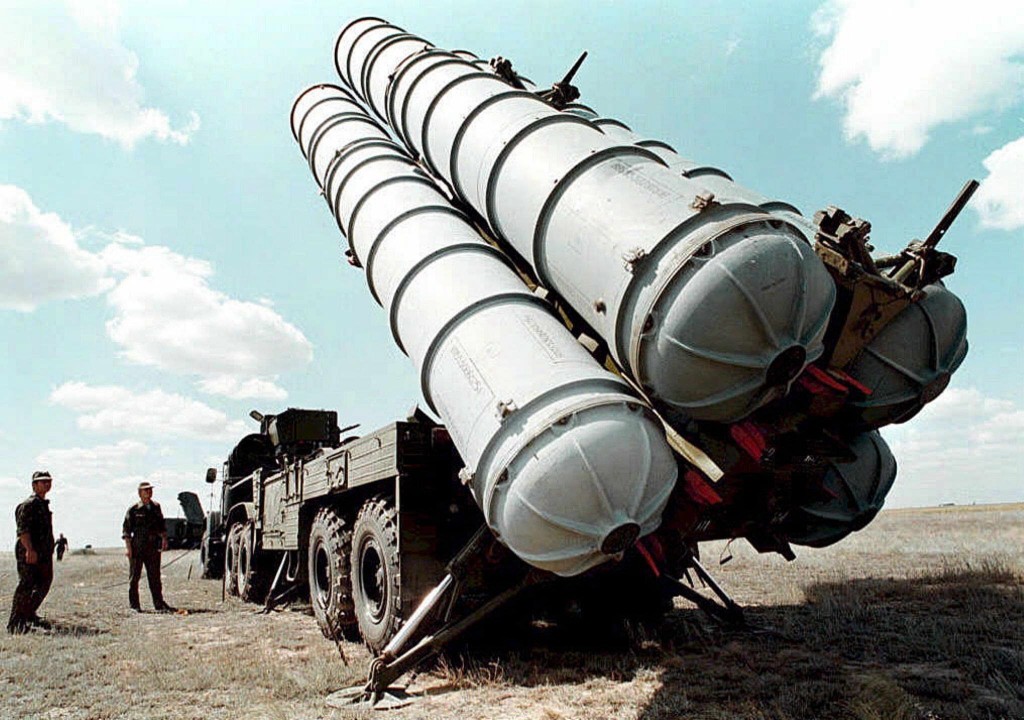Last month, when President Vladimir Putin of Russia announced plans to sell a powerful anti-missile system to Iran before the lifting of international sanctions, Israel was quick to join the U.S. in expressing shock and anger.
But behind the public announcements is a little-known web of arms negotiations and secret diplomacy. In recent years, Israel and Russia have engaged in a complex dance, with Israel selling drones to Russia while remaining conspicuously neutral toward Ukraine and hoping to stave off Iranian military development. The dance may not be over.
Critics of the Russian move say it undermines efforts to apply pressure to Iran by removing one building block of a sanctions regime that will be hard to put back together. It would also enhance Iran’s defenses against a potential U.S. or Israeli attack, as both countries have said they’d consider using force if diplomacy fails.
Israeli officials, including Prime Minister Benjamin Netanyahu, warned that the missiles, known as S-300s, would provide the Islamic Republic with a military shield that would encourage further adventurism, and expressed concern they could end up in the hands of Iranian allies like Lebanon’s Hezbollah.

